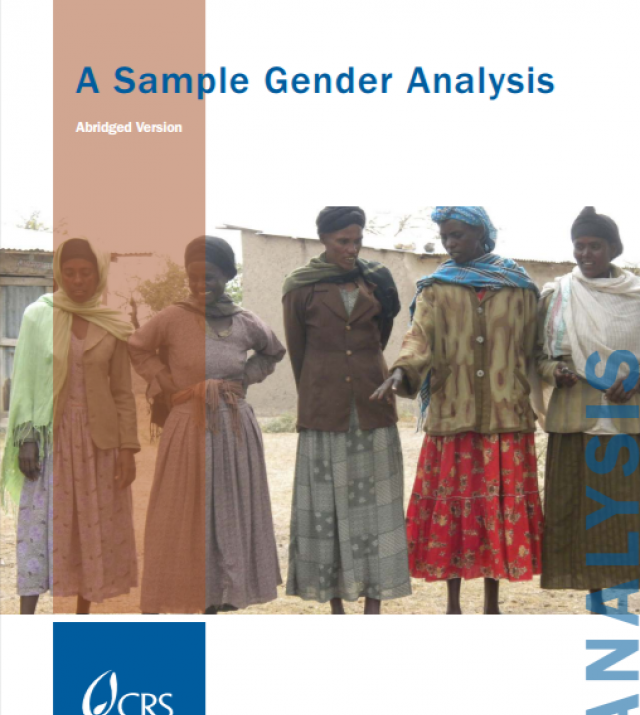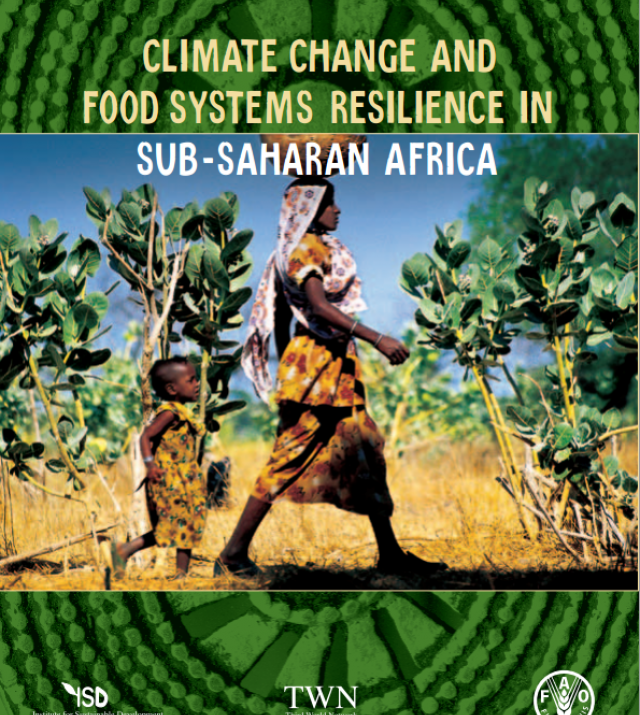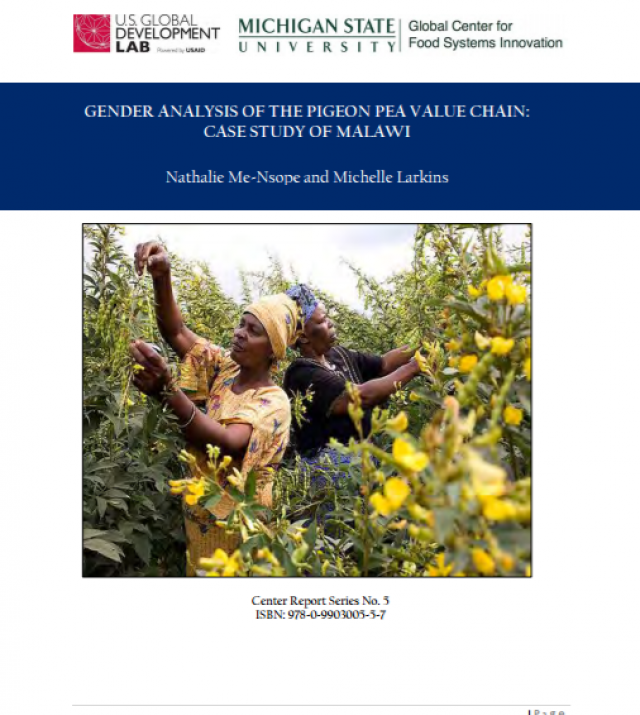
Diversity of Experiences—Understanding Change in Crop and Seed Diversity

The FAO LinKS project (Gender, Biodiversity and Local Knowledge Systems for Food Security in Southern Africa) objective was to improve rural people’s food security and promote the sustainable management of agro-biodiversity by encouraging institutions to recognize farmers’ knowledge in their programmes and policies.
The LinKS project, which ended in 2006, was a seven-year regional project implemented in Mozambique, Swaziland, Tanzania and Zimbabwe. One of the main activities of the project was to increase the visibility of men and women’s knowledge of agro-biodiversity management for food security. The second phase of the LinKS project included several studies on local seed management, gender roles and local knowledge systems in Mozambique and Tanzania. These projects were in response to the increased recognition of the importance of seed management and seed security for food security.
Since most studies on local seed systems have been conducted only within the last ten years, the LinKS study findings can contribute to an improved understanding of the complex relationships between seed management, agro-biodiversity, gender, local knowledge and food security.
The objective of this report is to place the findings from Mozambique and Tanzania into a broader context. Information from a variety of sources was used to identify key aspects that need to be addressed in future seed management interventions. Furthermore, the report aims to provide an analytical framework for decision makers and development practitioners to better understand how seed systems function and to identify ways in which these systems can be supported and strengthened.

